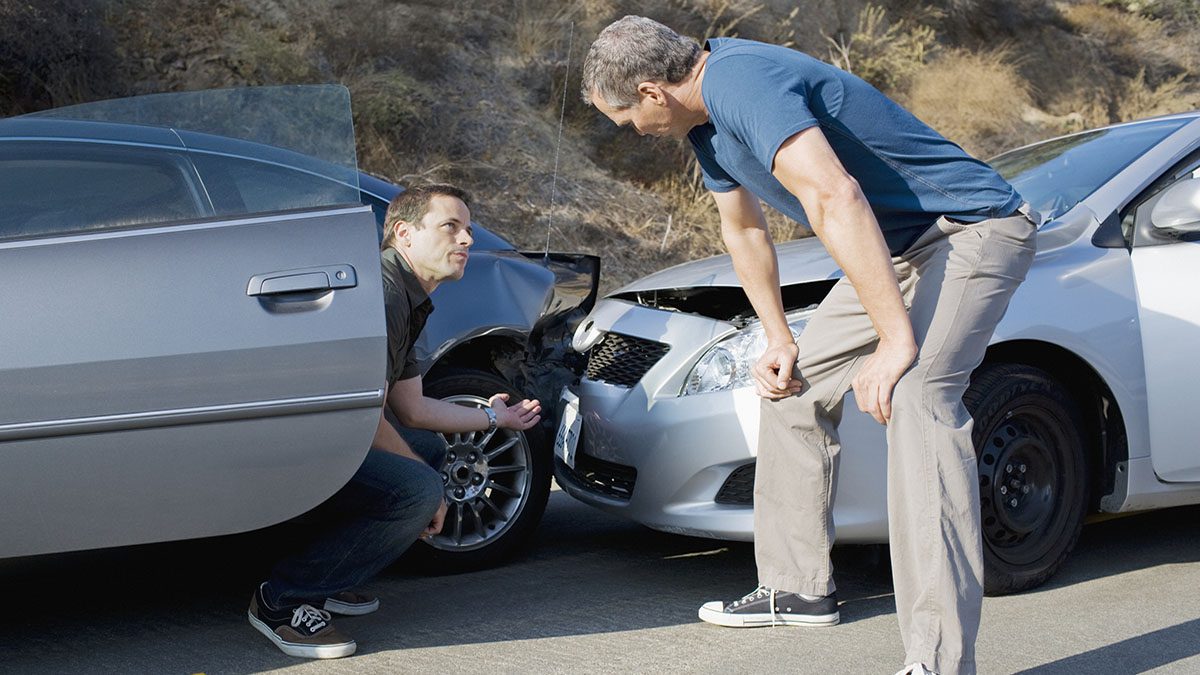Do You Need Comprehensive and Collision Insurance?

If you live in one of the 48 states that require insurance, you probably already carry liability coverage, and potentially uninsured motorist coverage. While none of the states mandate comprehensive and collision insurance, it may still be worth the additional cost for certain groups of people. In addition, if you’re leasing a vehicle, you may be required to maintain full coverage insurance until your contract ends. Read on to learn if you need comprehensive and collision coverage.
What Is Comprehensive and Collision Coverage?
Before you select a level of coverage, learn what each of these terms mean:
Liability Insurance
Liability coverage is required in almost every state to be considered a legal driver. If you get into a car accident and the other driver or their car is injured or damaged, liability insurance will reimburse them (up to the limit purchased) to help protect you against legal troubles and financial loss.
Collision Insurance
Collision insurance pays for damage (up to the limit purchased) your car sustains from hitting an object, flipping over or running over a pothole.
Comprehensive Insurance
Comprehensive insurance covers any damage (up to the limit purchased) to your car that isn’t caused by a collision, including damage caused by:
Animals
National disasters
Vandalism
Theft
Falling objects
Projectiles hitting your windshield
With any of the above insurance types, you’re reimbursed up to the limit purchased for the cost of the damage once you reach your deductible.
Who Needs Comprehensive and Collision Coverage?
Comprehensive and collision insurance provide important protection against financial loss and are especially important for the following:
Leased or financed vehicles: If you’re financing or leasing a vehicle, you may be required to maintain full-coverage insurance, which typically includes collision and comprehensive coverage. If you let your coverage lapse, your vehicle’s manufacturer could repossess your car. Getting your vehicle repossessed can damage your credit and even lead to higher premiums in the future.
Commuters: If you drive through areas with high traffic or accident rates, you’re statistically more likely to be involved in an accident and could benefit from collision insurance. Look at your local crash statistics to see if this applies to you.
Residents of natural-disaster-prone areas: If you live in an area that floods frequently or experiences other weather-related problems, such as hurricanes, tornadoes, hailstorms, etc., you may want to consider maintaining comprehensive insurance on your vehicle in the event of an emergency. Comprehensive insurance could cover you if flying objects hit your car.
Expensive car owners: If you own a pricey car with expensive replacement parts, or replacement parts that exceed the cost of your deductible, comprehensive and collision insurance might be a worthy investment.
Should You Drop Your Comprehensive and Collision Coverage?
Experts used to recommend dropping comprehensive and collision coverage on cars after they turned five or six or passed the 100,000-mile mark. However, each car is an individual case—some expensive and luxury cars would still benefit from comprehensive and collision coverage even after they’ve met these conditions.
Old vehicles that have lost most of their value due to depreciation may not need comprehensive and collision coverage. To determine if you should keep the comprehensive and collision, calculate your car’s maximum payout—the market value of your car minus your deductible—and see if the additional coverage is worth the cost of the insurance over time.
Can I Keep Either Comprehensive or Collision?
While comprehensive and collision are usually sold together, you don’t need to maintain both. For example, if you’re a safe driver and you don’t have a lengthy commute, but you live in a flood-prone area, it may make sense to keep comprehensive coverage and drop collision.
To learn more about all things insurance, visit The General’s blog. If you’re looking for affordable coverage, you’ve come to the right place. For over 60 years, The General has offered amazing rates, five-star customer service, flexible payment options and more to our customers. Get a free insurance quote in under two minutes and see how much you can save.



